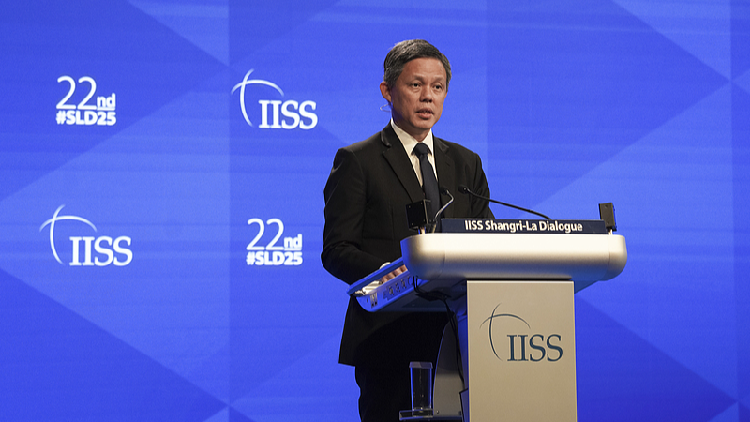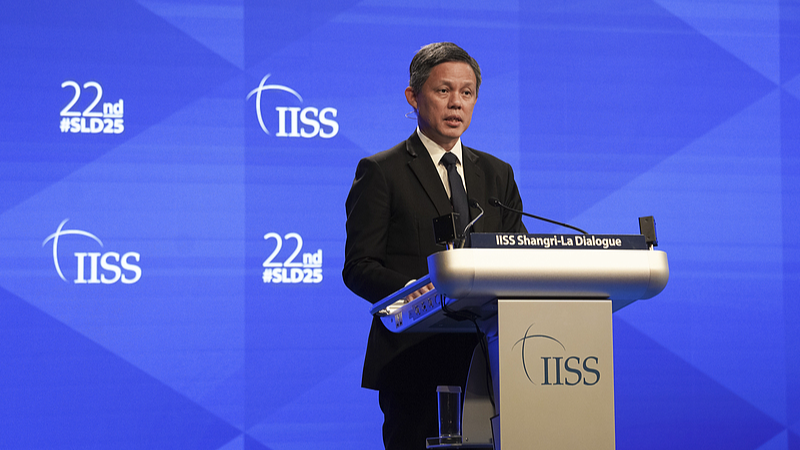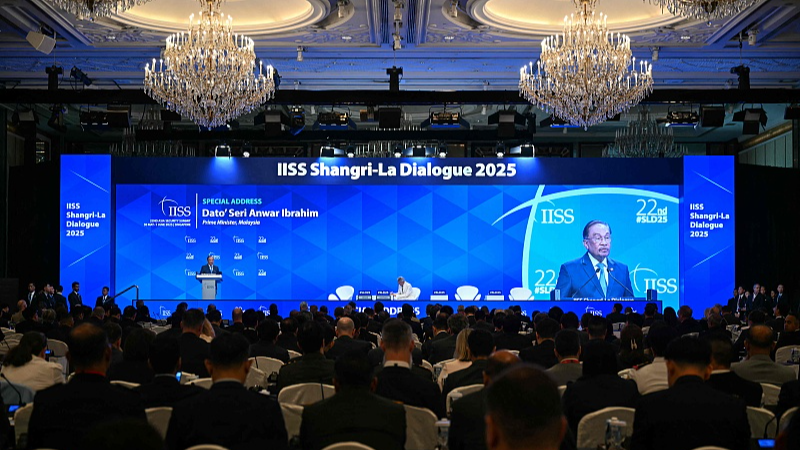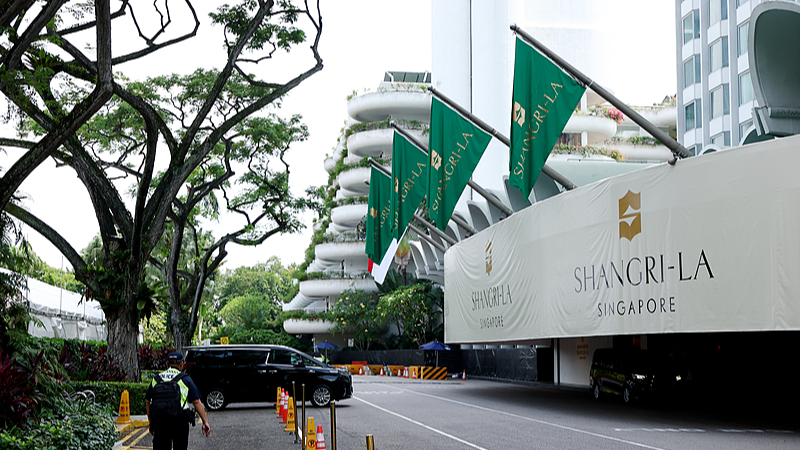ASEAN Leaders at Shangri-La Dialogue Affirm Neutrality: "We Won't Choose Sides"
Singaporean Defense Minister Chan Chun Sing emphasizes Southeast Asia's need to engage with both China and the U.S. amid geopolitical tensions.


In a significant display of regional unity, Southeast Asian leaders at the 22nd Shangri-La Dialogue in Singapore reaffirmed their commitment to neutrality amid escalating global tensions. Malaysian Prime Minister Anwar Ibrahim, serving as chair of the Association of Southeast Asian Nations (ASEAN) for 2025, made it clear that the bloc resists pressure to align with any major power, emphasizing ASEAN's dedication to independence and multilateral engagement.
Echoing this view, Singapore's Defense Minister Chan Chun Sing underscored the importance of principle-based diplomacy over great power rivalry. He stated, "If we have to choose sides, may we choose the side of principles – principles that uphold a global order where we do not descend into the law of the jungle, where the mighty do what they wish and the weak suffer what they must." This sentiment reflects a growing consensus among ASEAN states to avoid division and maintain strategic autonomy.
The forthright statements came after U.S. Defense Secretary Pete Hegseth called on Asia-Pacific nations to increase military spending to 5 percent of GDP, purportedly to counter rising threats from China. The plea, delivered during his address at the summit, prompted skepticism among regional leaders and observers, who questioned the efficacy and intent behind such recommendations.

Chinese officials and experts were quick to rebuke the United States' approach, arguing that the American "Indo-Pacific Strategy" has done little to foster stability in the region. According to China’s Foreign Ministry, the rhetoric amounted to provocation and attempts to drive a wedge between China and its neighbors. The ministry argued that Washington's tactics are stuck in a Cold War mentality, seeking to force choices onto nations that prefer collaborative security over bloc confrontation.
Military analysts pointed to the increasing formation of defense partnerships like the Quad and AUKUS as key elements of U.S. policy designed to solidify blocs of influence. This approach, they argue, risks dividing the Asia-Pacific into competing camps, generating instability rather than peace. The broader regional response, however, appears to favor dialogue, consultation, and joint prosperity over division and militarization.

In contrast to U.S. proposals, China promoted its newly announced Asian security model, which emphasizes cooperation, mutual benefit, and shared security responsibilities. Delegates said the model—rooted in consultation and respect for diversity—better reflects the interests of the region’s countries and offers a more sustainable path to peace and development.
Regional experts argued that demands for higher defense budgets not only risk igniting an arms race but also divert resources from essential economic and social needs. They contend that China's approach, focusing on win-win outcomes and multilateral engagement, is gaining traction, especially given the region’s aspirations for stability and growth.
As the Shangri-La Dialogue concluded, the prevailing mood among ASEAN representatives was one of resolve: refusing to be drawn into a contest of power, but instead working toward a balanced framework for security. The events in Singapore underscore the growing agency of Southeast Asian nations in shaping their own destinies, determined to uphold peace, independence, and economic progress in a turbulent global environment.




